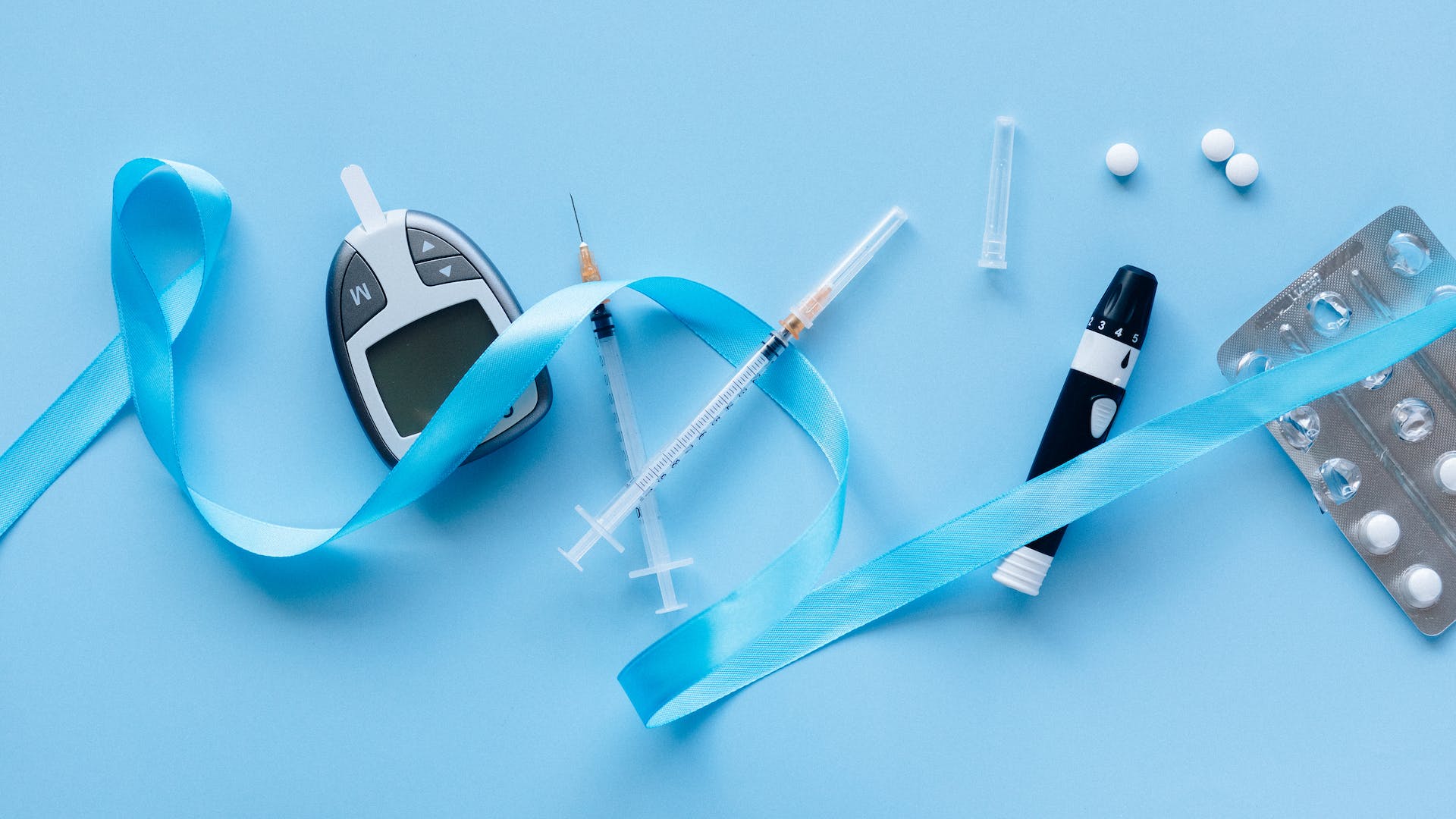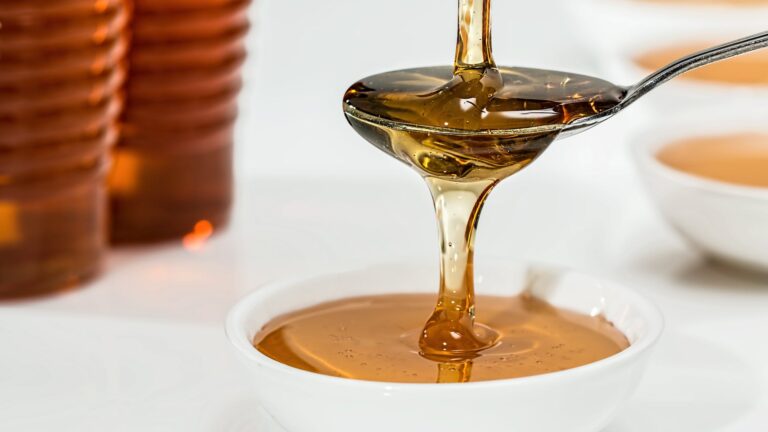Diabetes is a prevalent health concern, with individuals facing the challenges of managing blood sugar levels effectively. The key to navigating this condition lies in adopting a healthy lifestyle, particularly through mindful eating habits. In this article, we explore eight superfoods that can aid in fighting diabetes and controlling blood sugar levels.
Understanding Blood Sugar Management
Before delving into the superfoods, it's crucial to comprehend effective blood sugar management strategies. Resources like the Centers for Disease Control and Prevention (CDC) provide valuable insights. Keeping track of blood sugar levels, eating at regular intervals, and choosing nutrient-dense foods are fundamental aspects of successful blood sugar control.
Superfoods to Include in Your Diet
1. Beans and Lentils
Benefits of Millet: The Ancient Grain with Modern Health Benefits
The Amazing Health Benefits of Moringa, for Diabetes and Many Other Problems
Beans and lentils emerge as nutritional powerhouses, boasting significant amounts of magnesium, fiber, and protein. These essential nutrients collectively contribute to the effective management of blood sugar levels, rendering them invaluable additions to a diabetes-friendly diet.
Magnesium enhances insulin sensitivity, while fiber aids in gradual glucose absorption, preventing rapid spikes. Additionally, the protein content provides sustained energy. Embracing beans and lentils as dietary staples not only promotes stable blood sugar but also enriches overall nutritional profiles, underscoring their role in supporting a balanced and health-conscious lifestyle.

2. Fiber-Rich Diet
Doctors emphasize the importance of a high-fiber diet for effective blood sugar regulation. This dietary choice proves valuable in mitigating blood sugar lows, particularly advantageous for individuals managing type 1 diabetes. The inclusion of fiber-rich foods not only contributes to stable glucose levels but also supports overall health, showcasing the significance of dietary strategies in the management of blood sugar for those with specific health considerations.
High Blood Pressure: Can Garlic Help In Controlling High Blood Pressure?
3. Exercise Regularly
Consistent exercise stands as a cornerstone in the realm of blood sugar management. Engaging in regular physical activity has a profound impact on insulin sensitivity, allowing cells to efficiently utilize glucose. This proactive approach helps regulate blood sugar levels, minimizing the risk of fluctuations. Whether through aerobic exercises, strength training, or other forms of activity, incorporating regular exercise into one's routine not only fosters overall well-being but also plays a vital role in maintaining optimal blood sugar levels for a healthier, more balanced lifestyle.
How to Harness the Power of Dry Fruits for Maximum Health Benefits According to Ayurveda
4. Healthy Plant Foods
Health experts strongly advocate the incorporation of nutrient-rich plant foods into your daily diet for comprehensive well-being. This encompasses a diverse range of fruits, vegetables, and whole grains, all of which play pivotal roles in promoting weight management and effective blood sugar control. Rich in vitamins, minerals, and fiber, these plant-based options not only support overall health but also contribute to sustained energy levels. By embracing a diet abundant in these wholesome choices, individuals can foster better nutritional habits, enhance their metabolism, and establish a foundation for long-term wellness.
You Won’t Believe What Coffee Can Do! Discover the Ultimate Facts You’ve Been Missing Out On!
5. Low Glycemic Index Foods
Embracing a diet rich in low glycemic index (GI) foods is a strategic choice for controlling and maintaining stable blood sugar levels. These foods release glucose gradually, preventing rapid spikes in blood sugar. Opting for whole grains, legumes, non-starchy vegetables, and fruits with a low GI can contribute to sustained energy and improved insulin sensitivity. This dietary approach aids in better glucose management, making it particularly beneficial for individuals aiming to regulate blood sugar and reduce the risk of complications associated with erratic glucose levels. Incorporating low-GI foods empowers a balanced and mindful approach to nutrition.
Why Roasted Chana is so Healthy? 12 Benefits of Roasted Chana on Your Body!
6. Moderate Carb Intake
Effectively managing blood sugar levels involves a strategic approach to carbohydrate intake. To naturally lower blood sugar, it's essential to be mindful of your carb consumption, opt for smaller meals, and prioritize fiber-rich choices. Explore recommendations from experts for maintaining optimal blood sugar control through these practical and achievable steps.
7. Regular Physical Activity
Regular physical activity plays a pivotal role in maintaining stable blood sugar levels. Engaging in consistent exercise enhances insulin sensitivity, allowing cells to effectively utilize glucose for energy. This proactive approach helps regulate blood sugar, reducing the risk of spikes and promoting overall metabolic health. Whether it's brisk walks, cardio workouts, or strength training, incorporating regular physical activity into your routine contributes significantly to managing blood sugar and fostering a healthier lifestyle.
High Blood Pressure: Can Garlic Help In Controlling High Blood Pressure?
8. Controlled Diabetes Diet
Medical professionals recommend a targeted selection of foods and beverages to optimize blood sugar management. This entails integrating unsweetened or plain yogurt, nutrient-packed blueberries, fiber-rich beans, and leafy greens into your diet. These choices, known for their blood sugar-stabilizing properties, contribute to a balanced and wholesome approach to nutrition. By prioritizing these nutrient-dense options, individuals can proactively support their health and well-being, creating a foundation for effective blood sugar control and overall metabolic wellness.
Frequently Asked Questions
Q1: How can I naturally lower my blood sugar levels?
A: Natural methods include adopting a high-fiber diet, incorporating low glycemic index foods, and regular exercise.
Q2: What role does exercise play in managing diabetes?
A: Exercise is crucial in improving insulin sensitivity and utilizing blood sugar for energy.
Q3: Can specific foods help control blood sugar levels?
A: Yes, foods like beans, lentils, and low glycemic index options contribute to blood sugar control.
Conclusion
Effective blood sugar management involves a holistic approach, including dietary choices, regular exercise, and lifestyle modifications. By incorporating superfoods and following expert guidelines, individuals can take proactive steps toward fighting diabetes and maintaining optimal blood sugar levels.





[…] of the reasons why poha is considered good for diabetics is its glycemic index (GI), which ranges from 38 to 64. This is significantly lower than most rice […]
[…] and varied, from promoting digestive health and heart health to strengthening bones, regulating blood sugar levels, and supporting weight management. By incorporating figs into your diet, you can enjoy not only […]
[…] prevent diabetes. Kalonji oil is well-known for its diabetes-fighting properties. It can help with diabetes control as well as […]
[…] Incorporating superfoods into your winter healthy diet can make a significant difference. These nutrient-dense foods provide essential vitamins and minerals that help support your body’s functions during the colder months. Let’s delve into some of the top winter superfoods and their benefits: […]